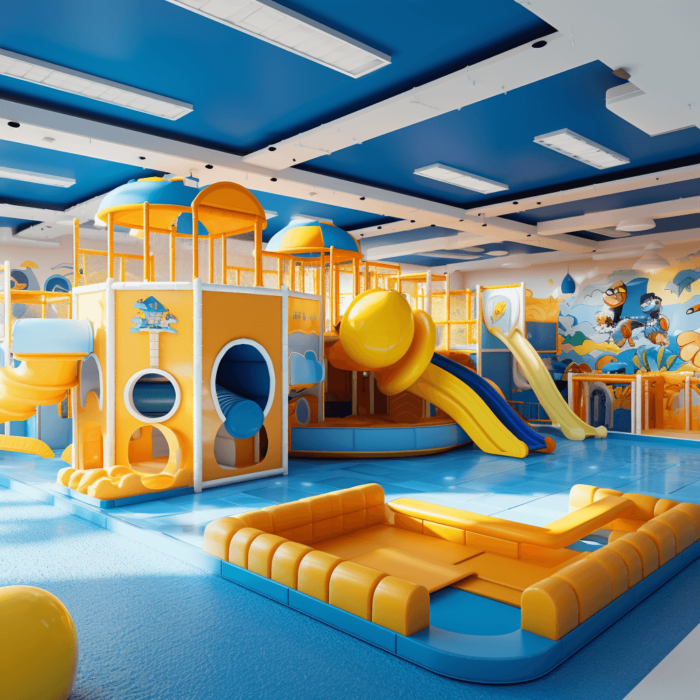
Soft play businesses represent a fantastic opportunity for any venue looking to diversify and attract families. However, the path to starting one can be challenging to navigate.
In this article, we will break down the process step by step, ensuring that you’re equipped with the knowledge and insights needed to embark on this exciting venture successfully.
What are the steps to starting a soft play business?
Step 1 – Do your research
Before you start a soft play business, it’s important to do your homework.
First, find out if there is enough demand for a soft play business in your area by checking the local market. Next, take a look at your competition, like other play centres nearby, and figure out what they do well and where they might be lacking. Finally, understand who your customers will be – what age groups they belong to and what they like.
Step 2 – Plan your business
By making a detailed plan, you can better understand what you need to do to make your soft play business a success. You should create a business plan that explains your goals and why you want to open this centre.
Step 3 – Double check your legal compliance
Before opening your soft play business, it’s crucial to make sure you aren’t breaking any rules. You must also make sure to officially register your business and get any permits or licences required by the law.
Step 4 – Choose your location
Selecting the right spot for your soft play business is crucial. Make sure it’s easy to see and get to, so lots of people can find it easily. Think about how close it is to where families live, schools, and places that families like to visit. This will help you attract more customers and make your centre a popular choice for families looking for fun.
Step 5 – Design your layout
Creating the layout for your soft play business is important. You want it to be fun and safe, so make sure to plan a layout with different play areas that are interesting. Also, when getting the equipment, choose good-quality materials that follow safety rules.
Step 6 – Implement software and hardware solutions
You can use both software applications and hardware to help you manage operations more easily and efficiently. Using these solutions makes running your play centre smoother and more organised.
Software Solutions
- Accounting: Using accounting software can greatly assist your soft play business. It simplifies financial tasks like keeping track of income, expenses, and taxes. With this software, you can easily create reports and manage your budget, ensuring your business remains financially healthy. It saves time and reduces the chances of errors, making your financial management more efficient and reliable.
Examples of this software include: Xero and QuickBooks Online
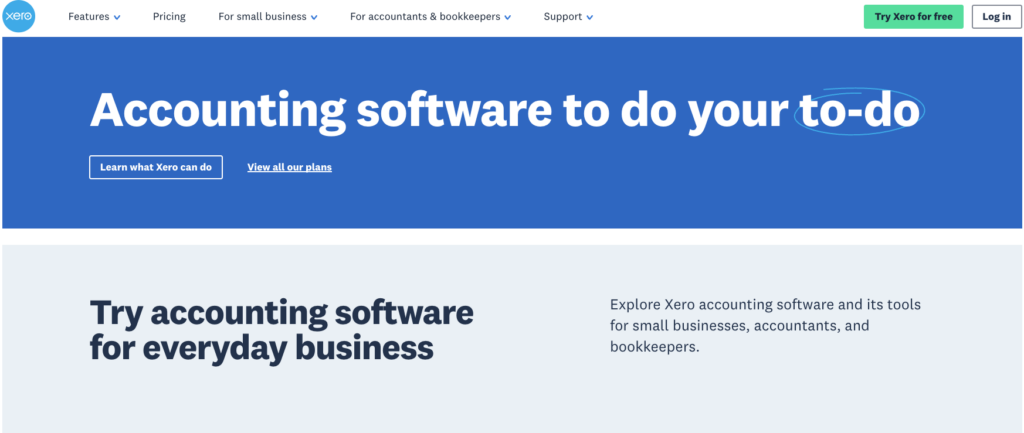

- HR Software: You can use HR software to assist your soft play business in managing employees more effectively. This software simplifies tasks like tracking work hours, processing payroll, and maintaining personnel records. It also aids in scheduling staff shifts efficiently, ensuring you have the right people at the right times to provide a great experience for your customers.
Examples of this software include: Rippling and BambooHR
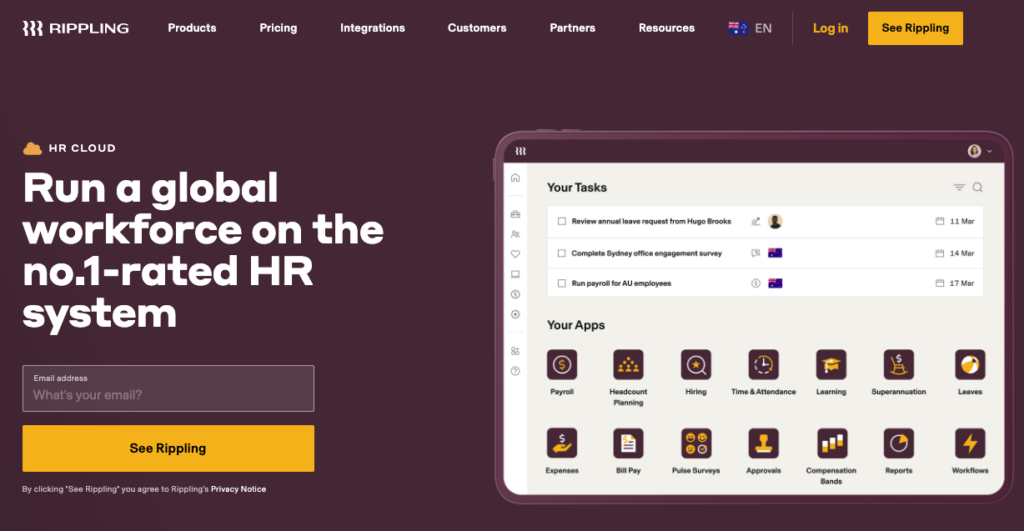

- Venue Management Software: This specialised software simplifies various tasks like scheduling play sessions, managing bookings, and tracking attendance. It also helps with customer relationship management and streamlining your operations. With venue management software, you can efficiently run your soft play centre, provide a better experience for your customers, and stay organised, ultimately contributing to the success of your business.
Examples of this software include: VenueSumo
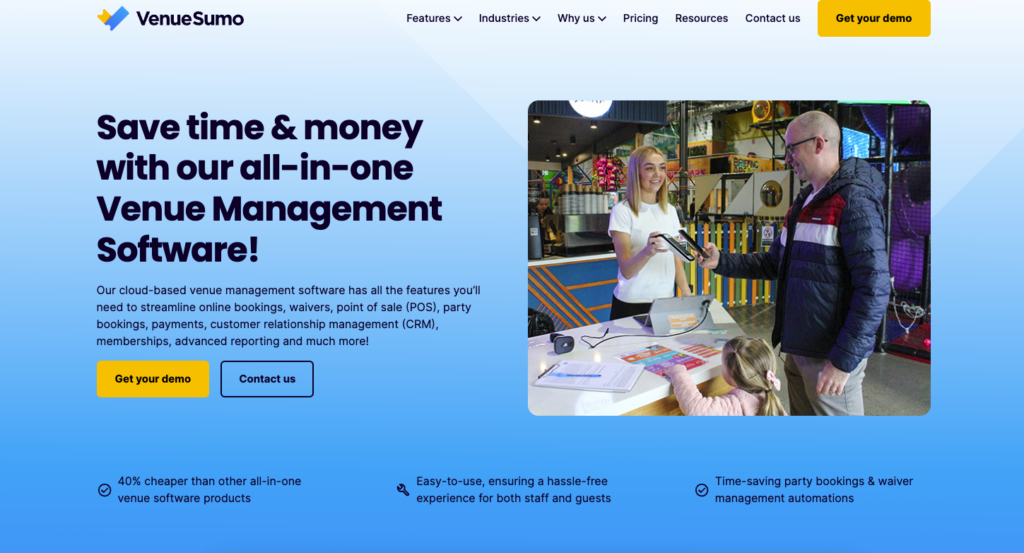
- Operations Checklist and Workflow Management: These tools help keep track of important tasks and processes. You can create checklists for daily operations, staff responsibilities, and safety checks, ensuring everything is in order. Workflow management software helps streamline tasks, making sure that each step in your business process is efficiently managed.
Examples of this software include: Operandio
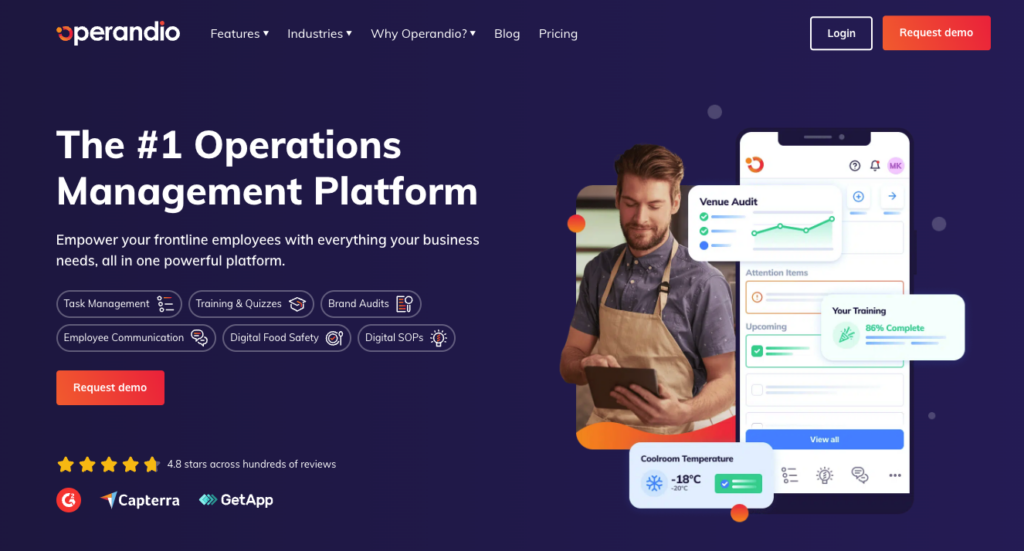
- Marketing Tools: These digital tools help you reach more people and tell them about your fun play centre. With them, you can create engaging ads, manage social media, and track how well your marketing is working. This way, you can attract more families and grow your business faster.
Examples of this software include: Monday and Salesforce
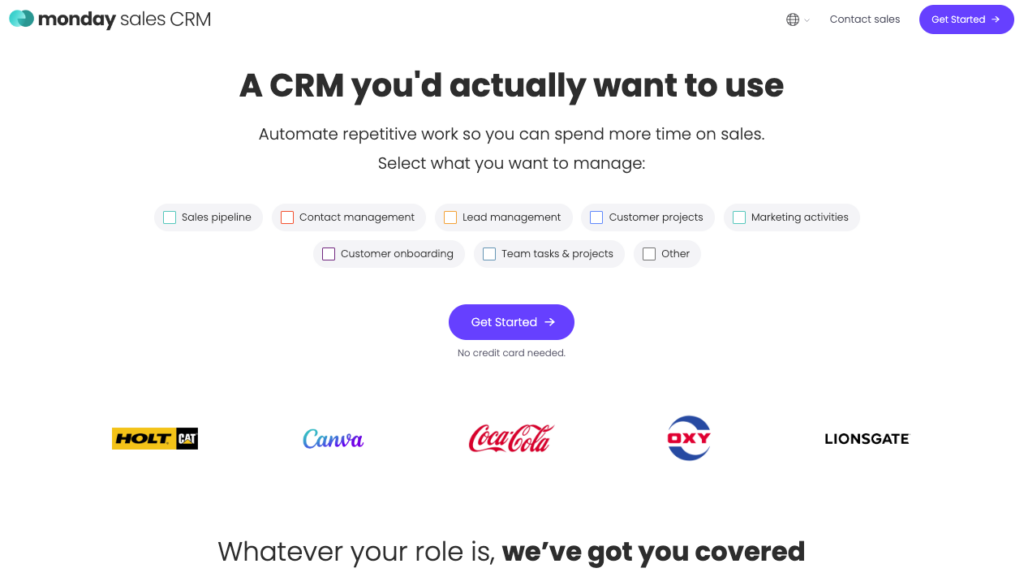

Hardware Solutions
- EFTPOS: EFTPOS allows customers to make payments conveniently and securely using credit or debit cards. By having EFTPOS terminals available, you make it easy for parents and guardians to pay for admission, snacks, and other services, enhancing their overall experience. This not only streamlines transactions but also increases the chances of customers spending more during their visit, ultimately boosting your soft play centre’s revenue.
Examples of this hardware include: VenueSmart, Tyro and Smartpay
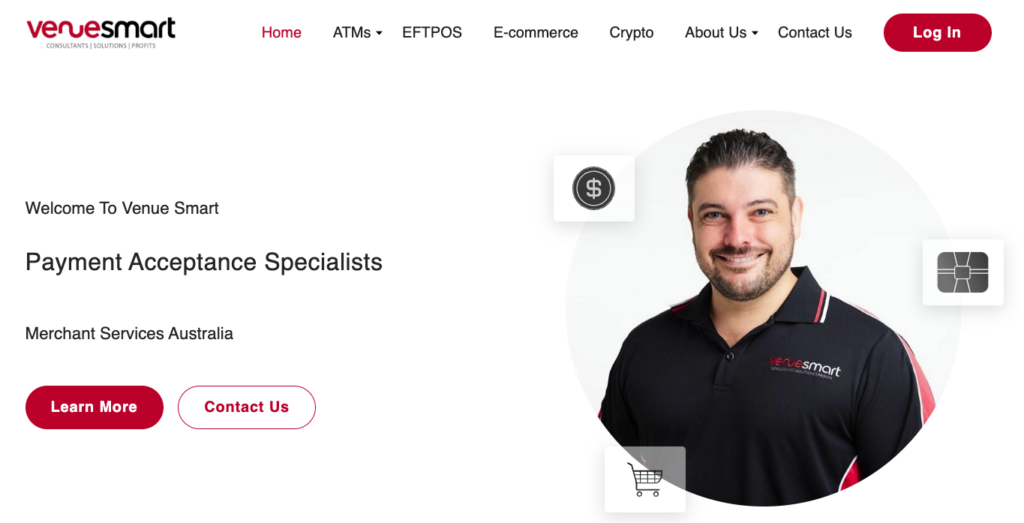


- Portability (Mobile, Laptops and Tablets): Mobile hardware, like tablets and smartphones, can be incredibly useful for your soft play business. You can use them to streamline operations by taking reservations and payments on the go. Additionally, mobile devices can help you keep track of attendance and monitor safety measures more effectively, ensuring that parents and children have a hassle-free and secure experience at your soft play centre.
Examples of this hardware include: Apple or Samsung
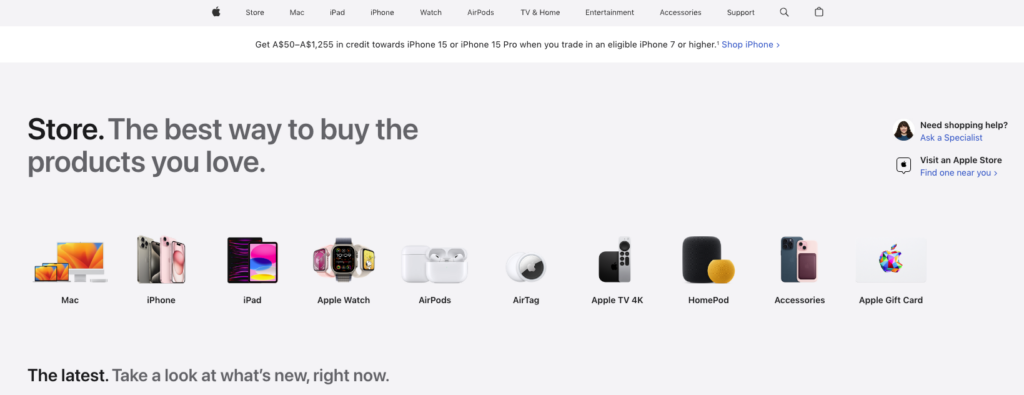
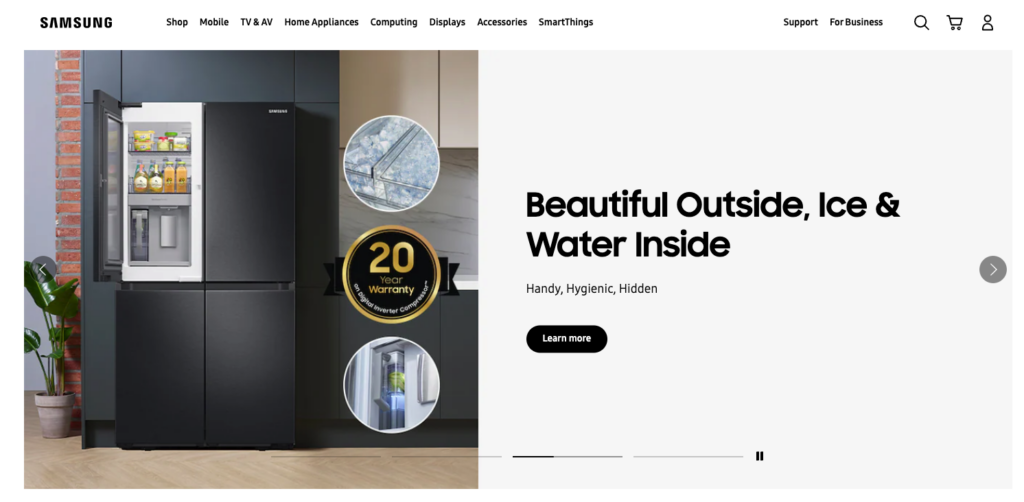
- Barcode Scanning: You can make your soft play business more efficient by using barcode scanning devices. These tools can quickly scan tickets or wristbands, helping you keep track of the number of visitors and ensuring smooth entry. It also reduces the chance of errors, making the experience better for both customers and staff. Barcode scanning hardware is a smart addition that simplifies operations in your soft play centre.
Examples of this hardware include: ScanSKU and Barcodes
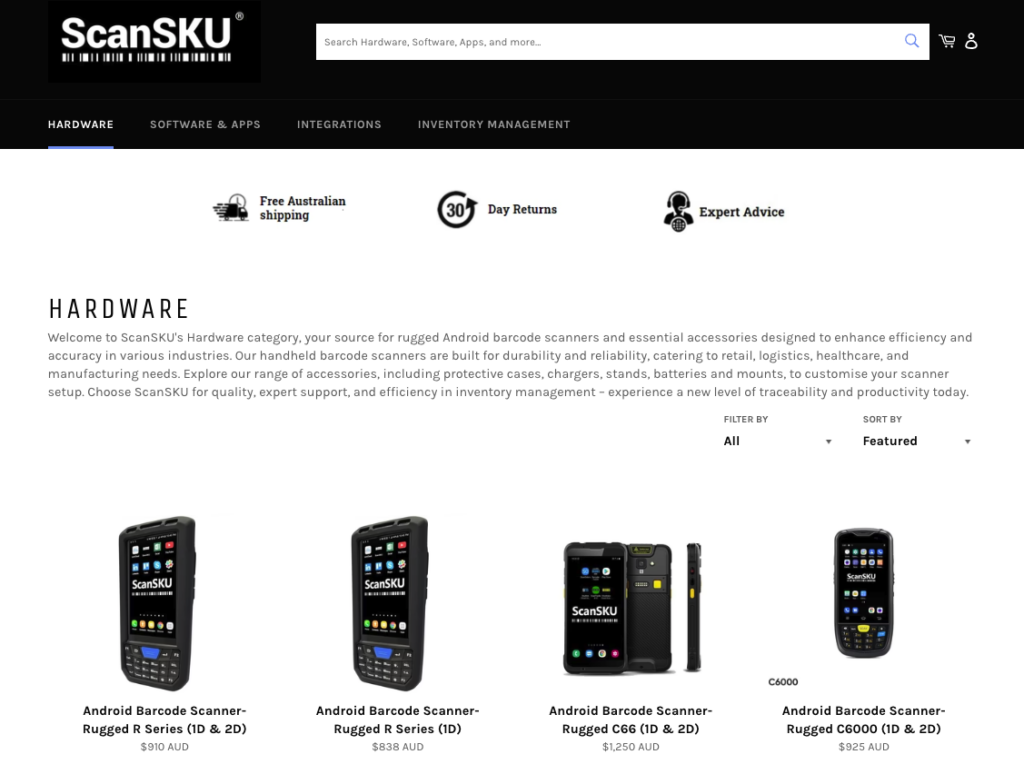
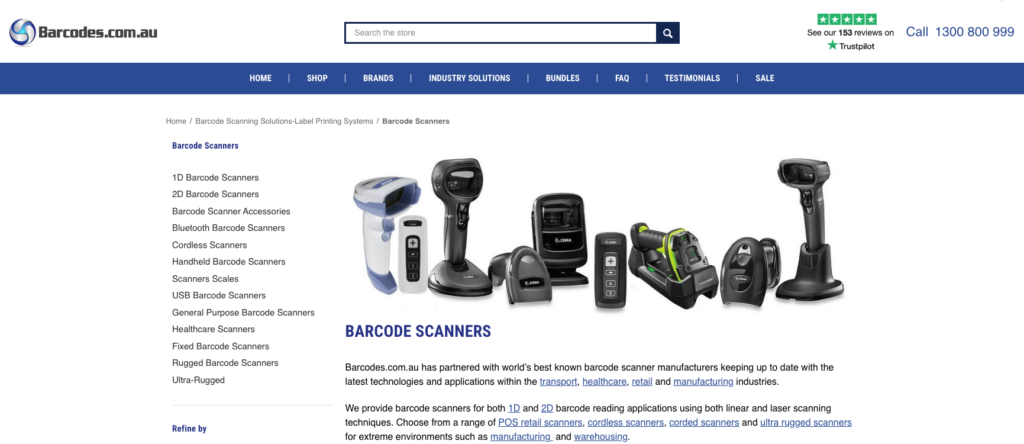
- Ticketing Kiosks: Ticketing kiosks make it easier for customers to buy tickets and access your play centre without waiting in long lines. They also reduce the workload on your staff, allowing them to focus on providing excellent customer service. Ticketing kiosks can be set up to accept various payment methods, making it convenient for all your customers.
Examples of this hardware include: Kiosk and Meridian
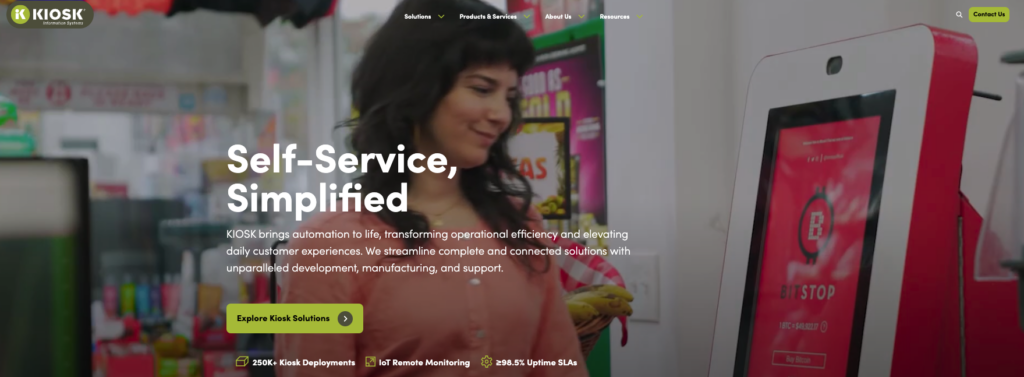
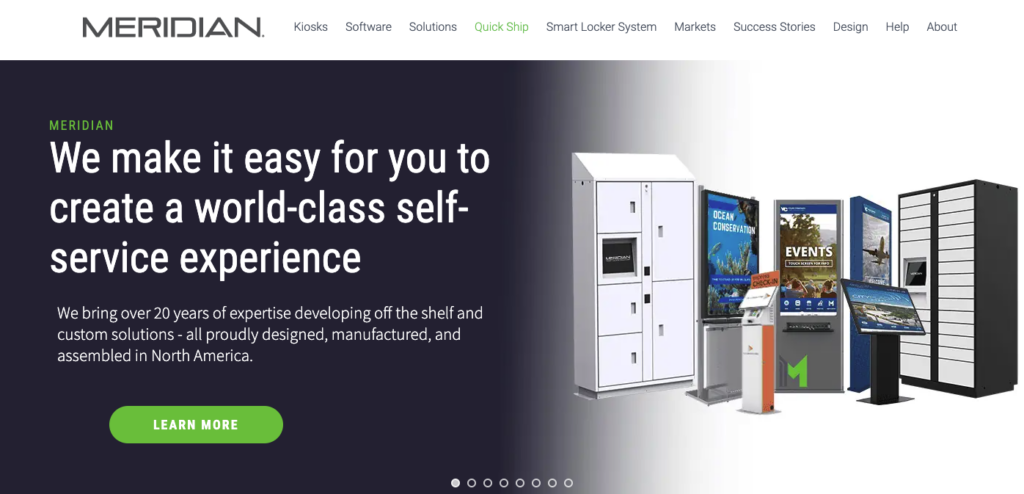
Step 7 – Hire and train staff
Hiring and training a dedicated team of staff is essential. Prioritise recruiting individuals who are not only friendly but also attentive, as they play a crucial role in ensuring a safe and enjoyable experience for the children and parents who visit you.
Step 8 – Market, market, market!
Marketing is an indispensable aspect of running a successful soft play centre. Start by crafting a compelling brand identity and logo that resonates with your audience. Next, devise a comprehensive marketing plan that seamlessly combines both online and offline strategies, effectively reaching your target demographic.
A user-friendly website, rich in information about your centre, serves as your digital storefront, offering parents and guardians an insight into what you offer. Leveraging the power of social media and online advertising, you can captivate your audience and keep them engaged.
Step 9 – Have your grand opening
Now that you’ve done all of the necessary prep work, it’s time to open your business to the public.
To generate excitement and attract the community, plan a memorable launch event filled with fun activities and entertainment for children and families. Consider offering free trials or discounts during this initial period to encourage visits and build a loyal customer base.
Throughout this phase, actively seek customer feedback and reviews to gain valuable insights into your centre’s performance. Be responsive to customer suggestions and concerns, demonstrating your commitment to providing the best possible experience.
How to start a soft play business FAQs
What trends are there in the soft play business industry that you should be aware of?
The soft-play industry, much like any industry, sees the emergence of constant trends that shape the landscape. Staying attuned to these trends is crucial for soft play businesses to remain competitive and meet the evolving demands of their customers.
- There is a growing emphasis on eco-friendliness, with businesses incorporating sustainable and environmentally conscious materials into play equipment and facility design.
- Personalisation is another trend, with soft play centres offering customisable play structures and themed play areas to create unique and memorable experiences for children.
- Technology integration is on the rise, with interactive screens, augmented reality games, and mobile apps enhancing the play experience.
- The industry is seeing a shift towards offering more inclusive play spaces to accommodate children with disabilities, promoting diversity and accessibility.
How much does it cost to start a soft play business?
The cost of starting a soft play business can vary significantly depending on several factors, including:
- The location
- The size of the facility
- The quality of play equipment
In general, the initial startup costs for a small to medium-sized soft play business can range from $50,000 to $250,000 or more. This is due to expenses such as rent or building purchase, interior design and theming, purchase of play equipment, safety measures and inspections, insurance, staffing, marketing, and initial operating expenses.
It’s essential to create a comprehensive business plan and budget to determine the specific costs for your unique venture. Additionally, exploring potential funding sources and financing options can help make the investment more manageable.
What are the best practices for maintaining a safe and secure environment in a soft play centre?
With the following practices, soft play centres can create an environment that prioritises safety, giving parents peace of mind while children enjoy their playtime:
- Regular Equipment Inspections: Conduct routine inspections of play equipment to identify and address any potential hazards promptly.
- Staff Training: Ensure all staff members are well-trained in first aid, emergency response, and safety protocols. They should also understand the importance of attentive supervision.
- Safety Regulations: Adhere to safety regulations specific to soft play centres, and stay updated on any changes in safety standards.
- Incident Reporting: Implement an incident reporting system to document and address any accidents or safety concerns. This helps in preventing future incidents.
- Hygiene and Cleanliness: Maintain a rigorous cleaning schedule to ensure that play areas, restrooms, and common areas are clean and sanitary.
- Childproofing: Childproof the facility by securing all electrical outlets, sharp edges, and other potential hazards.
- Adequate Signage: Use clear signage to communicate rules, age restrictions, and safety guidelines to parents and children.
- Proper Supervision: Ensure that there is adequate supervision in all play areas to prevent unsafe behaviour and provide assistance when needed.
- Secure Entry and Exit: Control access to the play centre with secure entry and exit points to prevent unauthorised access.
- Liability Insurance: Obtain liability insurance to protect the business and its customers in case of accidents or injuries.
What types of play activities are popular among different age groups in soft play centres?
Different age groups have varying preferences, and soft play centres often create designated play zones with age-appropriate activities to ensure everyone has a fun and safe experience.
An example of this could be:
Toddlers (Ages 1-3)
- Sensory Play: Soft textures, colourful balls, and touch-and-feel panels engage their senses.
- Mini Slides: Small slides that are low to the ground and easy for little ones to climb and slide down.
- Soft Building Blocks: Soft, stackable blocks for building and knocking down.
Preschoolers (Ages 3-5)
- Ball Pits: Children love jumping into a pool of soft, colourful balls.
- Mini Climbing Structures: Low-level structures with gentle slopes for climbing and exploring.
- Role-Play Areas: Mini kitchens, shops, or houses for imaginative play.
School-Aged Children (Ages 6-12)
- Large Slides: Taller slides with twists and turns that provide an exhilarating experience.
- Obstacle Courses: Challenging courses with climbing walls, tunnels, and balance beams.
- Interactive Games: Augmented reality games, digital scavenger hunts, and interactive screens.
How do soft play businesses engage with their local communities, and what are the benefits for these communities?
Soft play businesses connect with their local communities by organising events, workshops, and charity activities. This strengthens the bond with the community, offering families a safe and enjoyable place to spend time together. The benefits for the community include having a secure and fun place for kids to play, encouraging families to socialise and supporting local businesses and schools.
What marketing strategies and promotions have been most successful in attracting customers to soft play facilities?
Successful marketing strategies and promotions that have proven effective in attracting customers to soft play facilities include:
- Online Presence: Maintaining an engaging website and active social media profiles to promote the facility and connect with potential customers.
- Partnerships: Collaborating with local schools, daycare centres, and family-oriented businesses to attract group bookings and referrals.
- Loyalty Programs: Offering loyalty cards, membership discounts, and special promotions for repeat visitors.
- Community Engagement: Hosting community events, themed parties, and charity activities to foster a strong local presence and encourage families to visit.
- Online Advertising: Using online advertising tools to reach a wider audience and increase visibility.
- Effective SEO: Optimising online content for search engines to appear in relevant search results.
- Referral Programs: Implementing referral incentives for customers who bring in new business.
Get a demo for VenueSumo or contact us for more information today!


